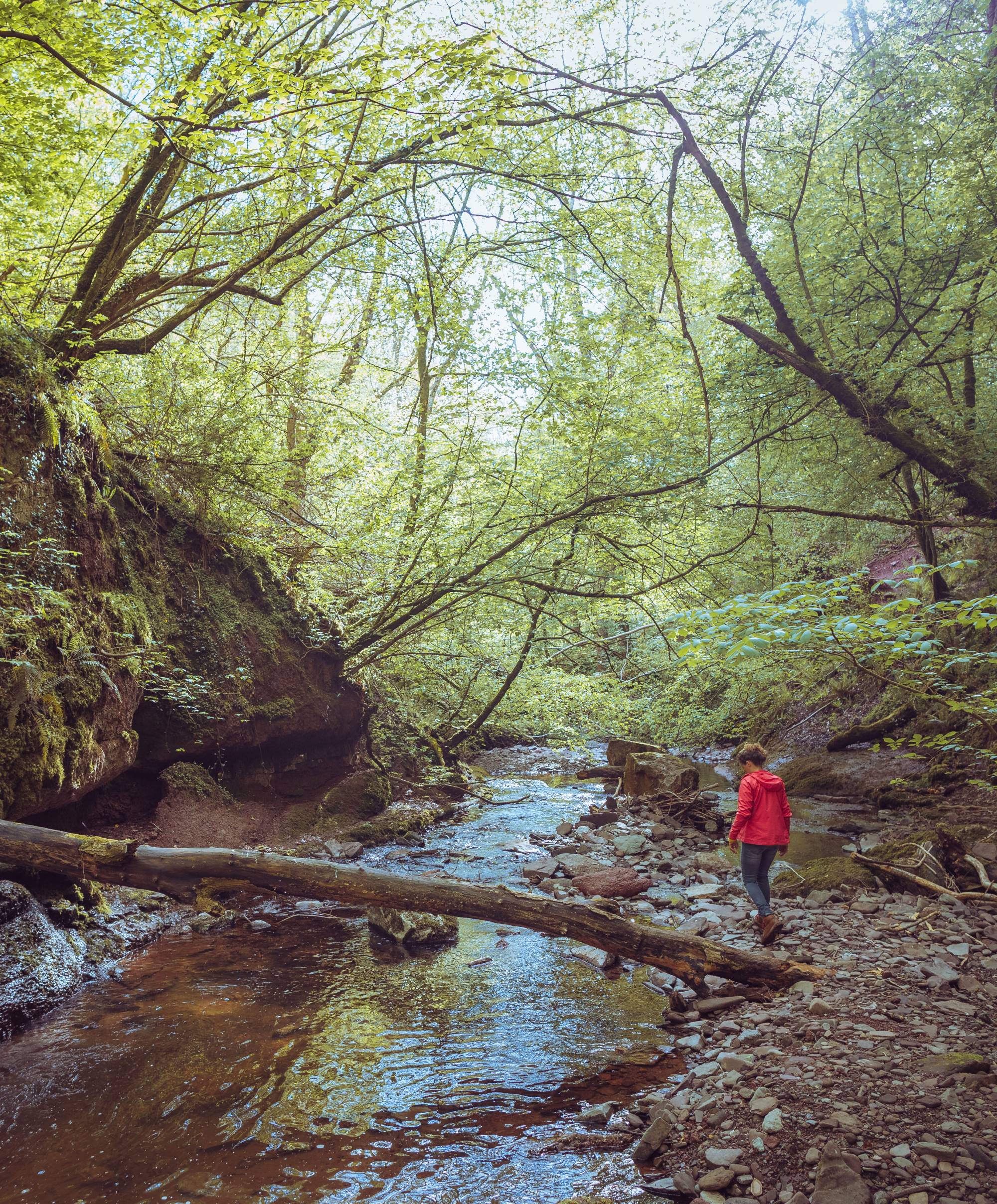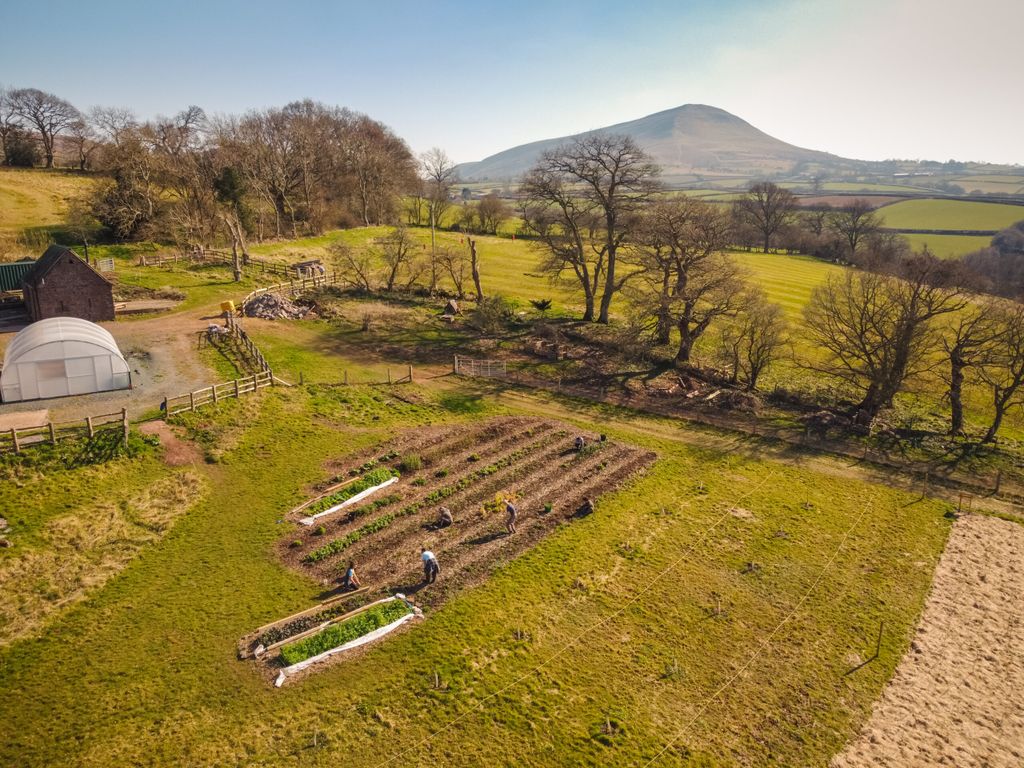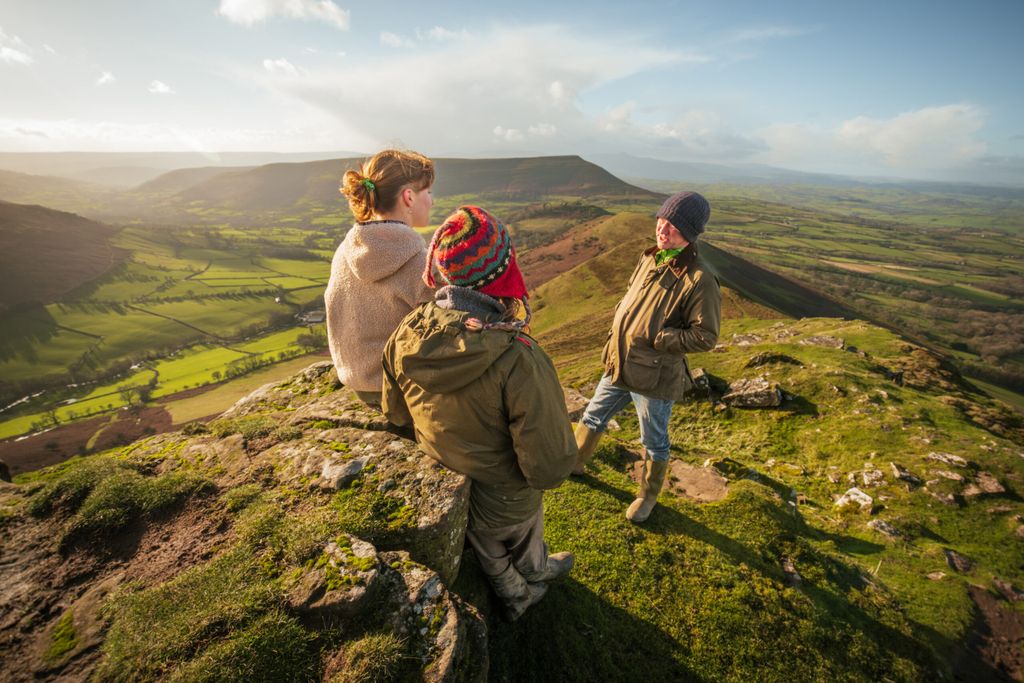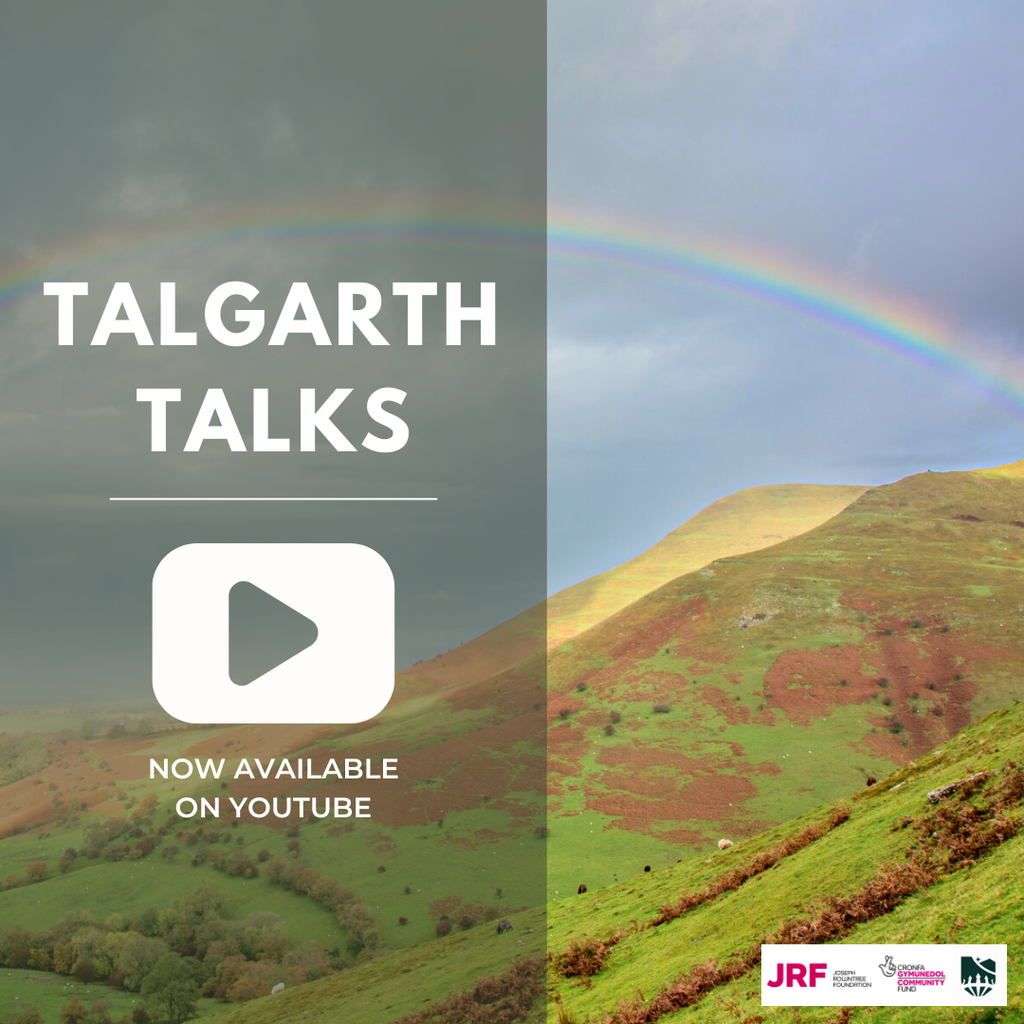by Keri Facer, in dialogue with Natalia Eernstman, Ben Rawlence, Tom Sperlinger, Christianne Wakeham
There are many ways of defining the causes of our warming world and equally as many different responses to it as a society. It can be seen as a problem simply of carbon emissions, a question of the wrong technologies, transport and building systems, and therefore primarily a problem for scientists and engineers. It can be seen as a political and economic problem, the wrong goals and governance mechanisms producing unsustainable growth and profound global inequalities, and therefore primarily a problem of economic and political design. It can also be seen as a problem of worldviews and beliefs, the inevitable consequence of a WEIRD worldview that see humans as independent from nature, as disconnected from both each other and from the plants, animals and processes that create the conditions for life. Seen from this perspective, the climate and ecological emergency is a problem not only for scientists and politicians – but for educators, philosophers, the arts and culture.
What is clear, however, is that the multi-faceted nature of climate and ecological crisis demands educational practices that help us to grapple with complex systems, with the intersection of science, politics, economics and the imagination. It demands in other words, the cultivation of what is coming to be called the ‘ecological imagination.’ This is what we are trying to do at Black Mountains College.
The ecological imagination
The idea of the ecological imagination is still usefully imprecise.
It can refer to the imaginative attention to the interdependences involved in any practice or object. This might take the form, for example, of Kate Crawford and Vladan Joler’s brilliant Anatomy of an AI – a diagram that shows the creation of AI from its roots in mining and physical labour, through language modelling and international logistics, towards regulations and practices shaping its use in a family home, before tracing again its routes towards waste, pollutants and other legacies. From this perspective, the ecological imagination is concerned with cultivating a holistic, systems-oriented view of the world that recognises material and social interdependences.
The ecological imagination has also been defined as the cultivation of awareness of ethical and relational responsibilities towards and dependencies upon other living beings. Here, the concern is with questions of justice, responsibility and care and with the human as uniquely positioned steward of and participant in a network of relations within the living world.
Finally, the ecological imagination, (sometimes also framed as eco-literacy, drawing on traditions of eco-psychology) instead refers to the idea of human intelligence as distributed across the ecosystems and processes with which any person interacts. In other words, the ecological imagination from this perspective, positions minds, thoughts and capabilities as co-produced not only with other human beings, but with all the more-than human beings with which we co-exist.
Educating the ecological imagination
There have been many institutes and organisations that have confronted and are confronting the question of how to cultivate the sorts of capabilities and relations that are currently being called the ecological imagination. These include, amongst others, the original Black Mountain College as well as the work of Schumacher college, the Centre for Alternative Technology, Hawkwood, the Ecoversities Alliance, the Enlivened Cooperative, the Faculty for a Future, the Gesturing towards Decolonial Futures Collective, Bioneers programme, CEMUS at Uppsala University, Swaraj University, Surviving the Future, Moving with Storms programme at UBC, the Ecovillages network, the Emergence network, Green offices in mainstream universities, the work of Stephen Sterling and David Orr at Oberlin College, Heila Lotz Sisitka and colleague’s work on transgressive learning, the Bawaka Collective, the Common Worlds Collective, Arjen Wals, Bob Jickling’s work on environmental education, Doreen Stabinsky’s work on climate justice, SWEDESD, Jan van Boeckel’s work and the ecoart network that he helped establish, Adrienee Maree Brown’s work on emergent strategy, Robin Wall Kimmerer’s kinship pedagogies, Rabindragath Tagores educational vision, and many many more.
We, at Black Mountains College, are part of this wider community of educators working to cultivate the ecological imagination, trying to cultivate our own patch of regenerative learning alongside and in dialogue with this wider ecology of educators. Our own practice includes:
- A flagship degree programme that brings together arts, ecology and systems change, to offer a radically interdisciplinary programme that aims to cultivate the capacity to critically analyse systems (and their disfunctions), experience interdependence, imagine alternatives, and build the capacity for experimentation and innovation.
- A programme of further education courses, offering practical, hands-on experiences of encountering and working with land in ways that are regenerative rather than extractive, these include: greenwood skills, nature recovery, agroecology, regenerative horticulture.
- A programme of public education, including short courses for specific groups from parish councillors to financiers, online courses for creatives, public events and talks. These events might bring together local farmers and landowners to explore the implications of climate change for Welsh hill farms, or bring in educators and activists from elsewhere to share what is happening around the world.
- The stewardship of 120 acres of land.
An anchor institution for the ecological imagination?
In 2023, the Joseph Rowntree Foundation provided us with a small fund to explore how we might act as an ‘anchor institution’ for the ecological imagination. The concept of anchor institutions derives from the co-production economics of Elinor Ostrom amongst others, and points to the important longer-term capacity building and infrastructure creating role that can be played by organisations that are resourced and committed to work in a local area for the long term. Usually, large public bodies such as hospitals, museums and universities, the term speaks to the potential for these institutions to make a productive intervention in a wider ecosystem.
As a young organisation, we at BMC do not yet have the luxury of seeing ourselves as an anchor institution in the traditional sense – we are a small team and are just getting established. Indeed, we recognise the important role played by Cardiff Metropolitan University and Neath Port Talbot College who are acting as anchor institutions in their support for us as a fledgling upstart in their local area.
We do, however, recognise that we have an important role to play both locally and internationally, in beginning to model how a start-up educational institution might create a sustainable, long-term programme at the intersection between informal, further and higher education sectors; one that benefits its students, its local community and the wider ecosystem of educational innovators working towards the same broad goals.
Over the last year, we have explored this in the following ways.
- Through ongoing experimentation, exploration and reflection with both staff and students – testing out different courses, trying out new approaches, asking what is working in this programme, for whom, and what we can learn from this.
- By establishing a public talks and events programme, seeking to showcase the work of fantastic advocates for the ecological imagination and put them in dialogue with our local community innovators and networks.
- By sharing our practice and learned from that of others, through mutual visits, exchanges and meetings, in particular, with the Ecoversities network and the Open Society University Network.
- By developing, in collaboration with the British Council, the first iteration of a hybrid learning platform to offer both face to face and online learning and networking opportunities for creatives across the wider Europe region seeking to address climate change through creative arts practice.
What matters to us
We are committed to creating a public platform for dialogue between groups with radically different ideas about how to address climate and ecological crises. Our aim is not to propose a single solution to our contemporary ecological and social predicament, nor to be committed to one response. Rather, we believe that it is important to create a slow space for thinking together, where groups with different perspectives can come together, in good faith, to explore how we might find new ways forward. Our common ground lies not in promoting one particular answer, but in holding a space where we recognise complexity, interdependences and the need for both imagination and practical action.
We are committed to creating bridges between formal and informal education. Our approach to creating a formalised degree programme and accredited further education courses, has been essential in opening up funding for low-income groups. At the same time, we are keen to keep innovating and pushing at the boundaries of what is possible in these contexts. The college is therefore a laboratory for exploring how far formally accredited courses can open up to new approaches. By modelling what is possible here, we hope to widen the Overton window of what is possible in further and higher education.
We are committed to sitting with the profound tensions between environmental movements seen as international, networked, digitally enabled spaces in which information and ideas flow fast between committed groups of people – and those land workers and communities living locally, close to the ground, with deep historic knowledge and expertise of place. For us, this means keeping multiple course offerings open which serve different communities, while at the same time looking constantly for opportunities to build dialogue across and collaborations between these groups. We are profoundly committed to networked localism – understanding that what works in one place may not work in another while recognising the critical importance of information flows between them. It is for this reason that we have begun, this year, to create a new hybrid learning platform that we hope will allow us to build more robust bridges between local actors and international knowledge exchange.
What is needed
The innovative learning institutions emerging to address the ecological imagination, BMC amongst them, now need a robust infrastructure to sustain longer-term initiatives and innovation. Here are some of the things we think we at BMC need to do next to help co-create this infrastructure:
- Innovation in accreditation – we need to bring together innovating institutions to rewrite and redesign our qualifications, at both further and higher education level – to allow the innovation that is emerging to be more fully developed and to drive experimentation in other organisations.
- Infrastructure and resourcing for mutual and shared learning across and between projects and institutions is required, for the good of all institutions. This requires sufficient resourcing to prevent competition between actors and allow a new community to emerge able to build sustainable long-term platforms. This demands investment in sectors, not just individual organisations and in platforms rather than one-off events and projects. Institutional patience is required from funders to allow a long-term infrastructure to grow.
- More work is needed to develop the theory and practice of networked localism, in particular as this might draw on online and digital learning resources. There are a number of online courses beginning to make the most of the capacity for exchange across places and spaces, but the question of how to fully integrate local bioregional challenges, ecosystems and political and cultural contexts into a hybrid mosaic of learners internationally is both a challenge and a potentially powerful opportunity waiting to be developed. A significant, international effort is required to ensure that the development of networked localism engages with and learns from actors across global north, global south and marginalised north. This will require both collaboration and strategic investment. There is a huge opportunity here to create a fundamentally new approach to learning, adequate to the challenges of the ecological and climate crises we face today.
We look forward to collaborating with other educators and learning organisations working in this area in future.
About the authors
Professor Keri Facer was funded by the JRF to work with Black Mountains College as Professor of Public Education from 2023-2024
Dr Natalia Eernstman is Public Education and Creative Practice Lead for the college
Ben Rawlence is co-founder and CEO of Black Mountains College
Professor Tom Sperlinger is Chief Academic Officer and academic lead for the degree programme
Dr Christianne Wakeham is Chief Operating Officer and leads the college’s further education programmes

More like this
-

THE FUTURE IS HEALTHY AND NUTRITIOUS – HERE’S HOW TO MAKE IT HAPPEN
As food security rises on the global agenda, the solution isn’t stockpiling but transforming our…
-

Training for a Changing World
As the challenges facing our natural world grow more complex, the need for skilled, adaptable…
-

Talgarth Talks Community Lectures
Talgarth Talks are monthly public lectures that aim to inspire the ecological imagination, spark fresh…
The BMC Prospectus
Download the Black Mountains College prospectus for an overview of our courses, campuses, and vibrant student life
Visit us
Come along to one of our Discovery Days or Campus Tours to explore our campuses and meet your tutors
